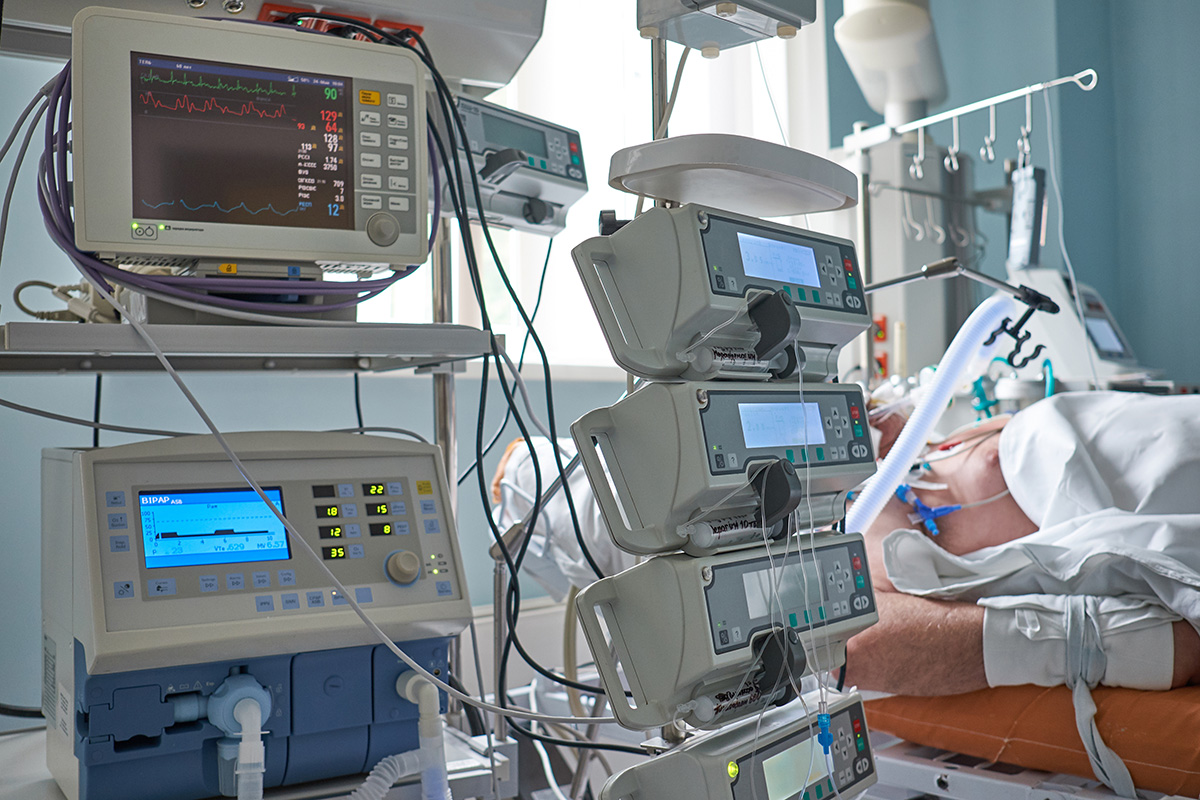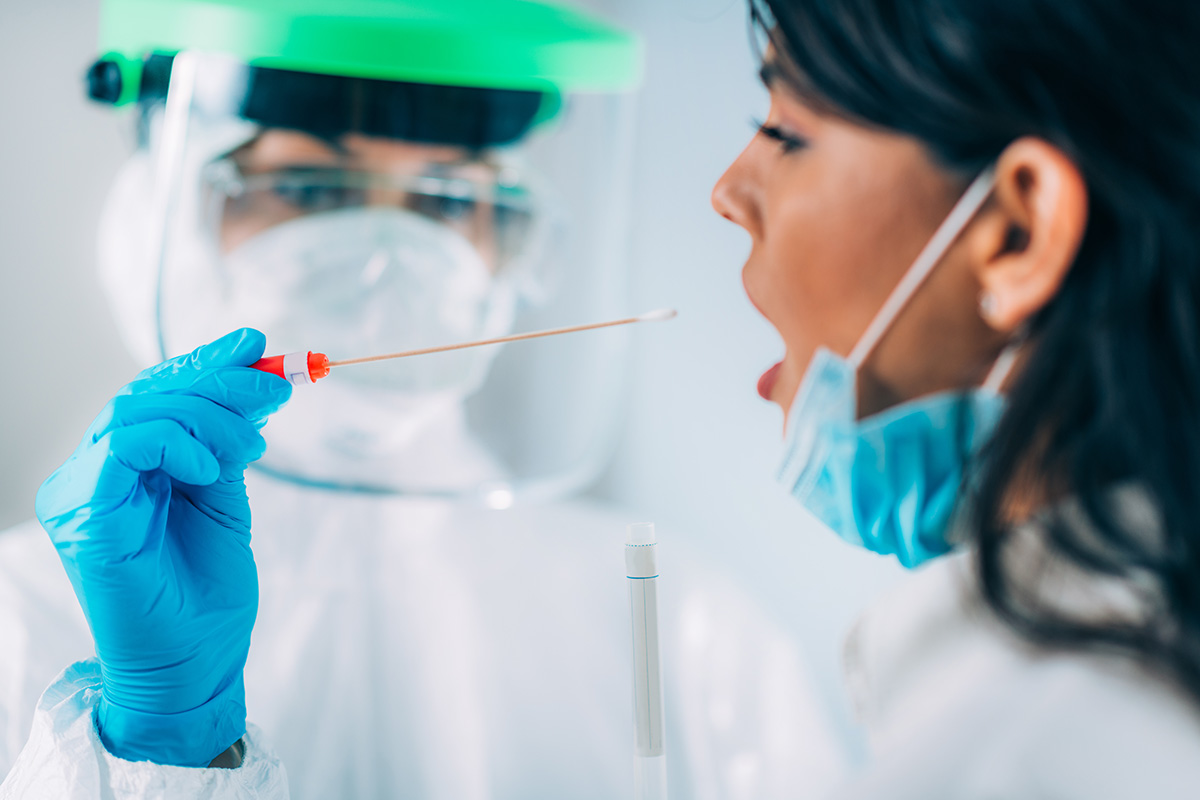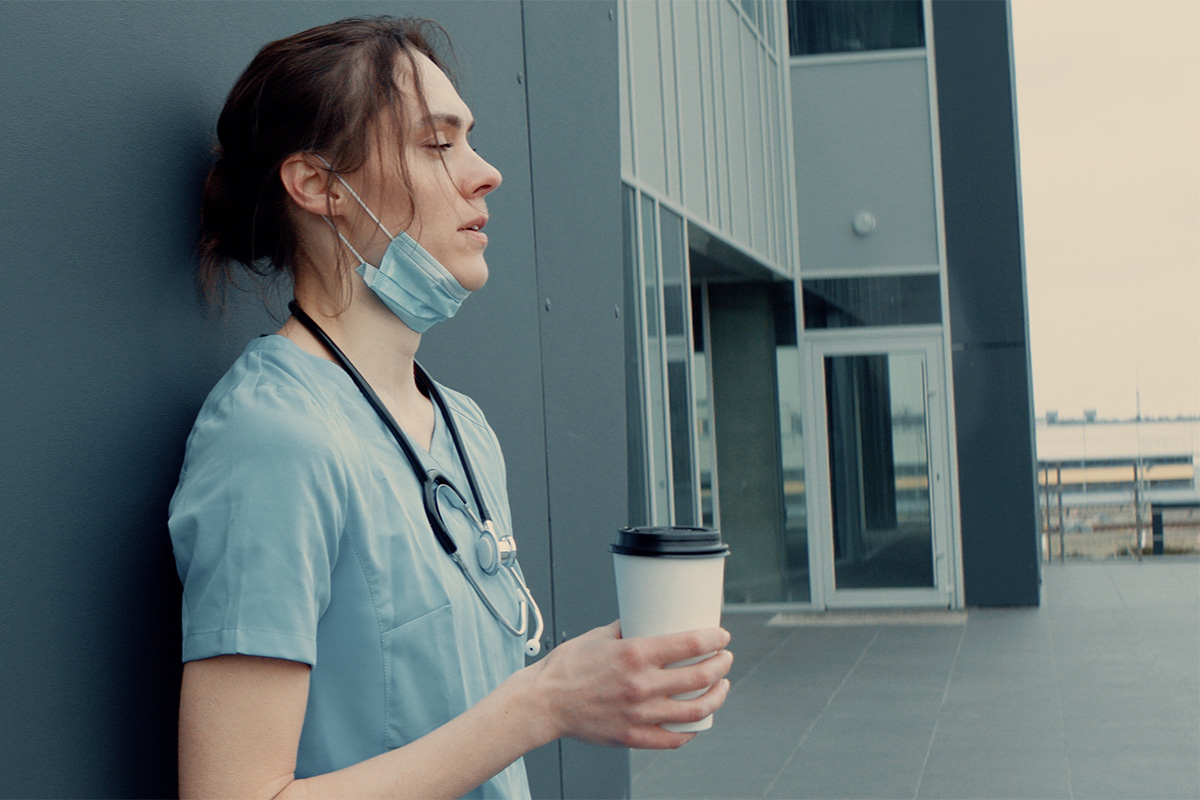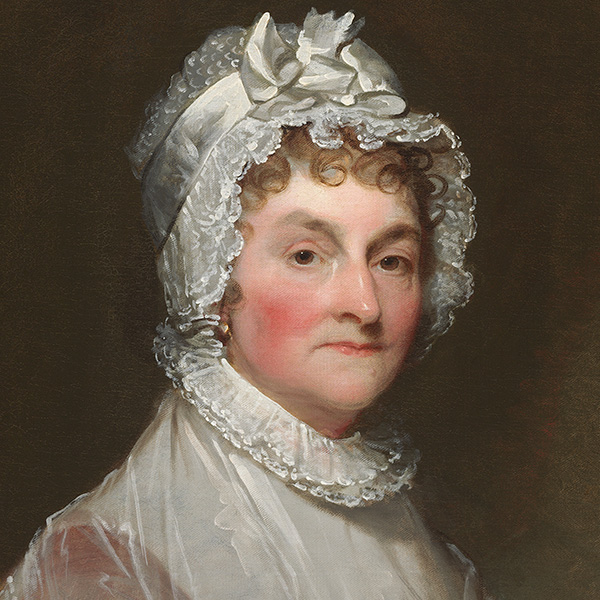"Remember the Ladies" During the COVID-19 Pandemic

In one swift tour around the intensive care unit, you will see nurses, nurse practitioners, physicians' assistants, respiratory therapists and doctors – the collective majority of us women.
We are at the bedside doing our best to care for our patients. We are doing what we have always done – except now, nearly all our ICU patients have coronavirus.
These patients are the sickest of the sick. Similarly, out in the communities, women make up the majority of home visiting nurses and health aids as well as nursing facility staff trying to keep their patients out of the hospitals.
Together, we don special N95 masks, surgical caps, gowns and shields and prepare for a day of fighting, fighting for other peoples' sons, daughters, mothers and fathers.
Our nurses make sure patients are getting their necessary blood tests and that the correct medications are running through their veins.

Our respiratory therapists help manage the breathing tubes supporting our patients' lungs. Our doctors help determine how long patients need to be supported by a ventilator, what therapies they should receive and what the next steps forward are.
After 12 (or more) grueling hours, many of my colleagues go home to their families, after carrying out whatever personalized "decontamination protocol" they have devised prior to allowing their kids or loved ones to approach them. And after these shifts or on their days off, they drop off groceries for their elderly parents and home school their children.
Globally, women are the front line. According to the World Health Organization, 75% of health care practitioners and 87% of health care support staff are women.
The majority of other essential jobs are held by women, including those in social work, critical retail and food processing. Furthermore, with business closures and other work predominantly done by men on hold, unemployment is affecting millions of Americans.
Therefore, the earnings of women may be, if they were not already, the primary source of income for families.
Yet, many of these essential jobs are undervalued and underpaid. Moreover, they require exposure to a number of individuals in the community and health care setting, increasing their risk of coronavirus even with policies for social distancing in place.

We place ourselves and our families at risk in order to serve society.
Data has suggested that medically women are faring better than men during this pandemic and experiencing less severe disease with fewer deaths. Yet, young women represent the majority of the confirmed cases of COVID-19 infection among health care personnel according to a recent report by the Centers for Disease Control and Prevention.
Most of us in health care do not do what we do for the pay. However, money is how we demonstrate value in our society and women are still paid less than men despite their contributions.
Although gains have been made for women in health care since 2000, we are far from equity particularly in lower-paid occupations such as home health aides where nearly no progress has been made.
Most recent national data suggests that overall in 2020, women make 81 cents for every one dollar that men make, a mere 2% increase since last year.

Various hospital systems including my own have provided bonuses or hazard pay to all patient-facing workers including nurses, respiratory therapies, doctors and environmental service workers.
While these efforts are very much appreciated, they are only temporary.
Women already carry the burden of unpaid and low-paid care work, and these caregiver burdens have only increased as family members fall ill with the virus.
Despite our increased risk for coronavirus, we wake up every morning and go to work because it is our duty and people need us with or without hazard pay.
 Abigail Adams
Abigail Adams
We go to work for you and your families.
"Women's work" is essential now and will always be. This pandemic should stimulate society to restructure how we demonstrate its value.
So, just as Abigail Adams implored of her husband in 1776 to "remember the ladies," remember us when this pandemic is over.
